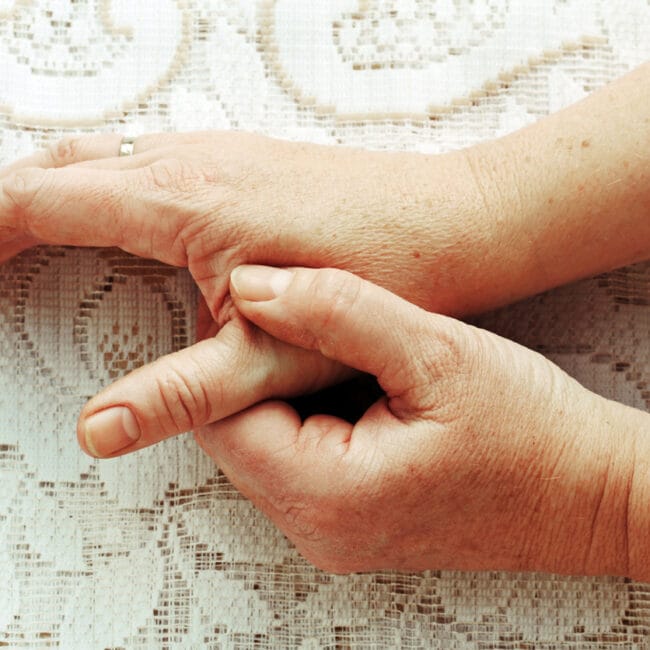
With the summer fast approaching there is no better time to start an exercise program. The weather is getting better and the evenings are longer. So let us help you with our exercise quick guide.
Medical matters
Before you start any serious exercise or if you have not exercised in a while, it is important to see your GP to make sure you are ready to start exercise, particularly if you don’t visit your GP on a regular basis. Getting medical clearance to commence exercise is especially important if you are over the forty years of age, if you are a current or former smoker, if you are overweight or if there is a history of cardiovascular disease in your family. Unless you have a known health risk, your GP will most probably encourage you to commence exercising but it is always wise to be safe and check.
Be prepared and schedule your workouts
data-animation-override>
“By failing to prepare, you are preparing to fail”
The first step is to get the right gear. If jogging or running is your exercise of choice, the only thing you really need is a pair running shoes!
Keep all the gear you need together in a place that is convenient to you for example keeping your gear bag in the boot of your car or keeping your running shoes by the front door. In doing this, you take any extra effort out of getting ready for your workout and helps create a habit out of your chosen exercise.
Schedule your workouts! This will help you stick to a routine. If you don’t make time for your workouts you won’t find time for your workouts. Whether this means putting them in your phone, computer, or diary or wherever it is you keep your schedule, put it on your calendar (with reminders if necessary!) so you don’t forget about it.
Set Achievable Goals
When it comes to exercise, rushing into it can lead to injury and discouragement. To help avoid this, be patient, go slow and set goals that are achievable for you. Reward yourself when you achieve these goals!
To help you stick these goals tell people about it. Book into an event such a charity walk/run and tell your friends and family about it so you will be under pressure to keep with your commitment!
Expect bad days
Don’t expect to excel straight away. You are a beginner so treat yourself like one!
Find an exercise buddy!
Scheduling your workouts with another person allows for mutual encouragement and support and makes it harder for you to back out of workout you have planned! Having an exercise partner will result in you being more inclined to follow through with your workouts as you know the other person will be disappointed if you don’t show up!
Get the whole family involved! Cycling, hill-walking and swimming are all great examples of family friendly activities. Investigate local cycle and walking routes in your area!
Find an exercise you can enjoy!!
This may seem obvious but actually partaking in an exercise that you enjoy will be key to your success. If you hate biking but love running, the obvious choice for you will be running! The key is to make your workouts into a part of your routine that you look forward to. Linking your workouts with a form of entertainment like listening to music you enjoy can also help you towards making your workouts an enjoyable part of your routine!
If there is no exercise jumping out at you, shop around to find something that suits you. A lot of fitness clubs offer pay as you go classes or memberships that will allow you trial different things before you make a commitment. Trial and error is always wiser than committing to a membership or buying equipment for an activity that you potentially may not enjoy.
Exercise also doesn’t have to be what you typically think of such as running or working out in the gym. Think outside the box! Various local sporting clubs often run open days to attract new members. Joining a club is a great way to get started and also can have a great social aspect!
Learn the correct form
Technique is important when starting a new exercise in order to allow you perform to your best ability and also to aid in injury prevention. For example if running is your exercise of choice simple tips like having a slightly leaned forward posture, rotating your trunk and trying to run onto the balls of your feet rather than landing on your heels are simple examples of how to improve your form. Our in-clinic running analysis equipment can help you with this.
When you get started
Beginning a new exercise will result in you using muscles that are not accustomed to such activity and you may experience muscle soreness during your activity. Muscle pain and soreness is normal when you begin a new exercise regime both during and after your workouts. Delayed onset muscle soreness (DOMS) describes the phenomenon of muscle pain, soreness or stiffness that can occur a day or two after exercise.
It is important to note that this is not the same type of muscle pain you experience during exercise or during a muscle injury e.g. an acute muscle strain. DOMS generally peaks two days after exercise and slowly subsides over the next few days.
Sports Injuries
Exercise may cause injuries, many of which can be prevented. Most injuries are as a result of a direct blow, an indirect dynamic force or as a result of overuse stresses. Common injuries you can suffer from are:
Bruises
Ligament sprains and tears
Muscle and tendon strains
Joint injuries
Stress fractures
Chartered physiotherapists are highly qualified and trained in the assessment and treatment of sports injuries. With a comprehensive knowledge of biomechanics, tissue pathology and healing, chartered physiotherapists are the profession of choice to effectively treat any sports injuries you have and monitor your rehabilitation enabling you to return to sport as soon as possible.
Preventing injuries:
Correct warm up and warm down exercises
Protective strapping in some cases
Correct footwear
Specific conditioning for a particular sport
Good general and aerobic fitness
RICE Protocol
Unfortunately, sometimes despite best efforts injury will occur. The RICE protocol can help you deal with minor sports injuries yourself, especially in the first 24-48 hours following an injury. RICE is not a replacement for professional care but can be helpful for pain management and aid the early stages of recovery.
Rest
Ice
Compression
Elevation
Don’t forget the health benefits! Every time you exercise you are improving your health, increasing your energy and relieving stress. You are only one workout away from a good mood!










